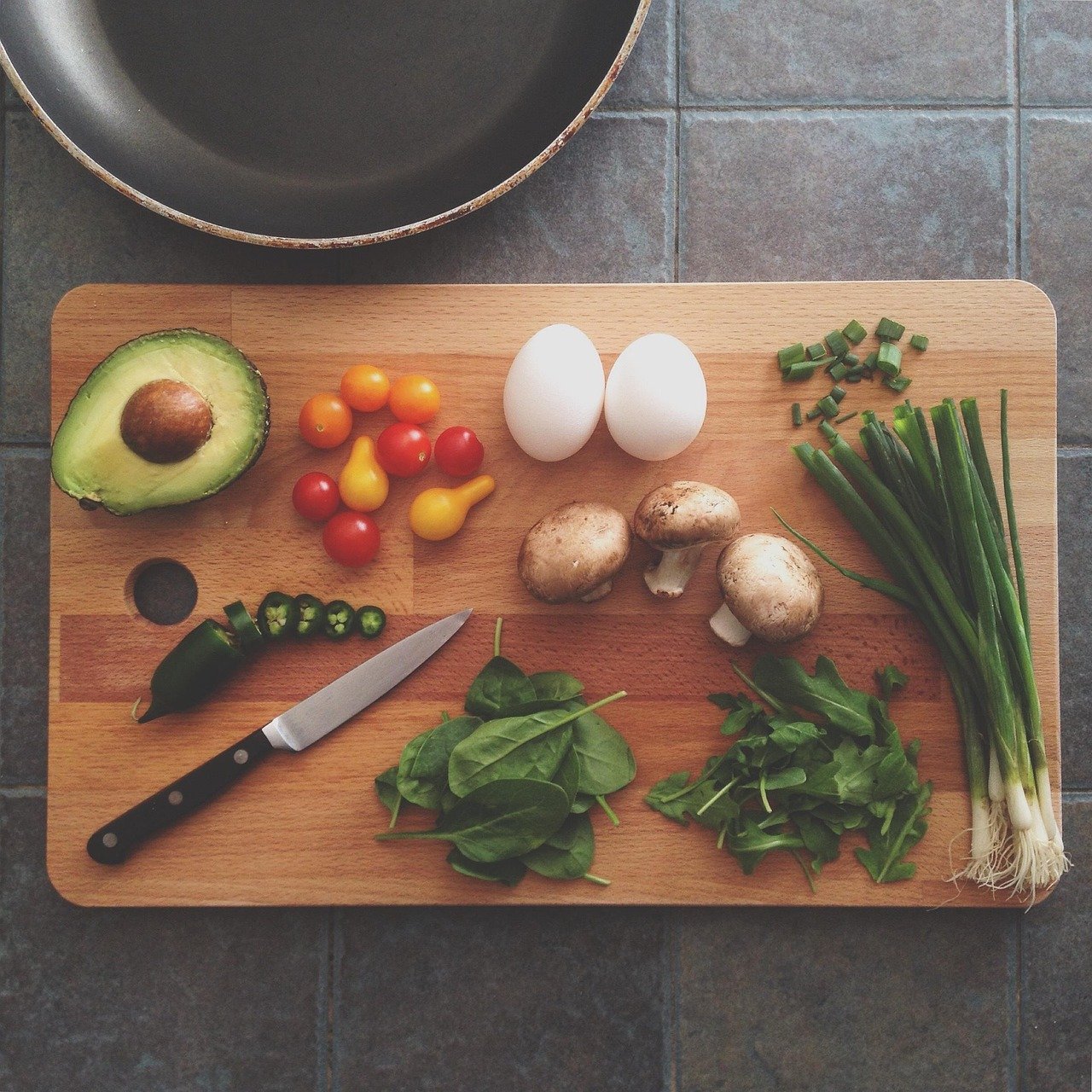Eating healthy is about more than just choosing the right foods. How you prepare and consume them can drastically change their nutritional benefits and sometimes even create health risks. This guide uncovers the common missteps people make with everyday health foods and how to fix them for maximum benefit.
1. The Spinach Juice Trap
While spinach is packed with vitamins and iron, juicing it concentrates soluble oxalates. These compounds can bind to calcium and increase the risk of kidney stones when consumed in large, concentrated amounts. Instead of drinking spinach juice, try blending it into a smoothie to retain the fiber, or enjoy it cooked in meals.
2. Overdoing Raw Cruciferous Vegetables
Vegetables like kale, cabbage, and bok choy are nutritional powerhouses, but eating them raw in very large quantities can interfere with thyroid function, especially of your iodine intake is low. Lightly steaming or sautéing these greens reduces the goitrogenic compounds, making them safer to consume regularly.
3. Burning Oils and Overcooking Veggies
Not all cooking methods are created equal. Overheating healthy oils past their smoke point can generate harmful compounds. Likewise, overcooking vegetables can destroy heat-sensitive nutrients like Vitamin C. Aim for a mix of raw, lightly streamed, and gently cooked vegetables to get the best of both worlds.
4. Using Turmeric the Ineffective Way
Turmeric contains curcumin, a potent anti-inflammatory compound, but it’s poorly absorbed by the body on its own. To boosts its bioavailability, always pair turmeric with black pepper (which contains piperine) and a source of healthy fat, like coconut oil and avocado.
5. Drinking Green Tea at the Wrong Time
Green tea and matcha are rich in antioxidants, but they also contain tannins that can inhibit the absorption of non-heme iron from plant based foods. If you are vegetarian, iron – deficient, or prone to anemia, avoid drinking green tea with meals. Instead, enjoy it between meals.
6. Eating Raw Sprouts
Raw sprouts, including alfalfa and mung bean sprouts, are often grown in conditions that can promote bacterial growth like Salmonella and E. coli. For vulnerable individuals such as pregnant women, the elderly, or those with compromised immune systems, it’s safer to consume sprouts cooked rather than raw.
7. Undercooking Kidney Beans
Red kidney beans contain a natural toxin called phytohaemagglutinin, which can cause severe digestive distress if not properly destroyed. Always soak kidney beans for several hours and boil them thoroughly—slow cookers may not reach high enough temperatures, so stovetop cooking is best.
8. Sipping Sugary Smoothies and Juices
Fruit smoothies and juices might seem healthy, but they often contain concentrated sugars without the fiber of whole fruit. This can lead to blood sugar spikes and increase the risk of dental issues. Opt for whole fruits or smoothies with controlled portions and added vegetables.
9. Consuming Raw Egg Whites
Raw egg whites contain avidin, a protein that blocks the absorption of biotin (a vital B vitamin). They also carry a risk of Salmonella. Cooking eggs neutralizes avidin and eliminates bacteria, making them a safer and more nutritious choice.
Healthy eating isn’t just about what you eat – it’s also about how you prepare, combine, and consume your foods. Small changes in your approach can enhance nutrition, improve safety, and help you get the most out of your diet.





















